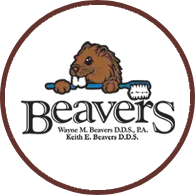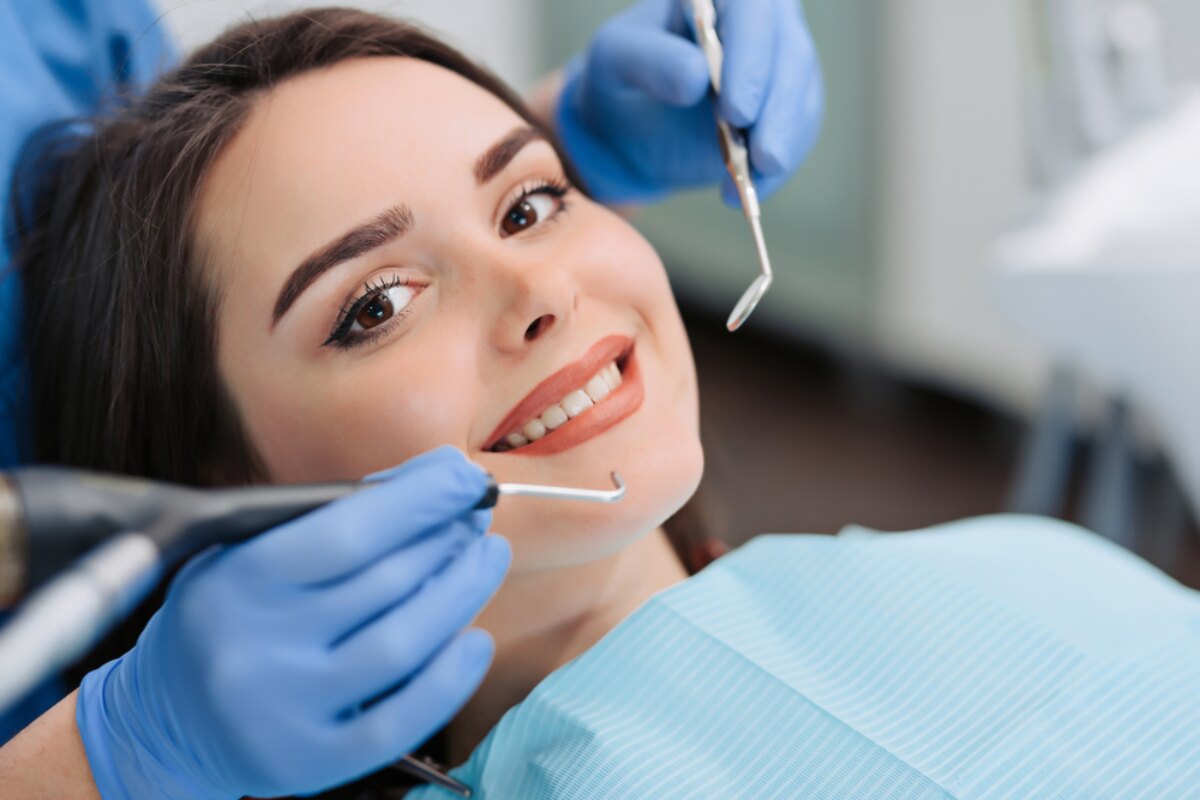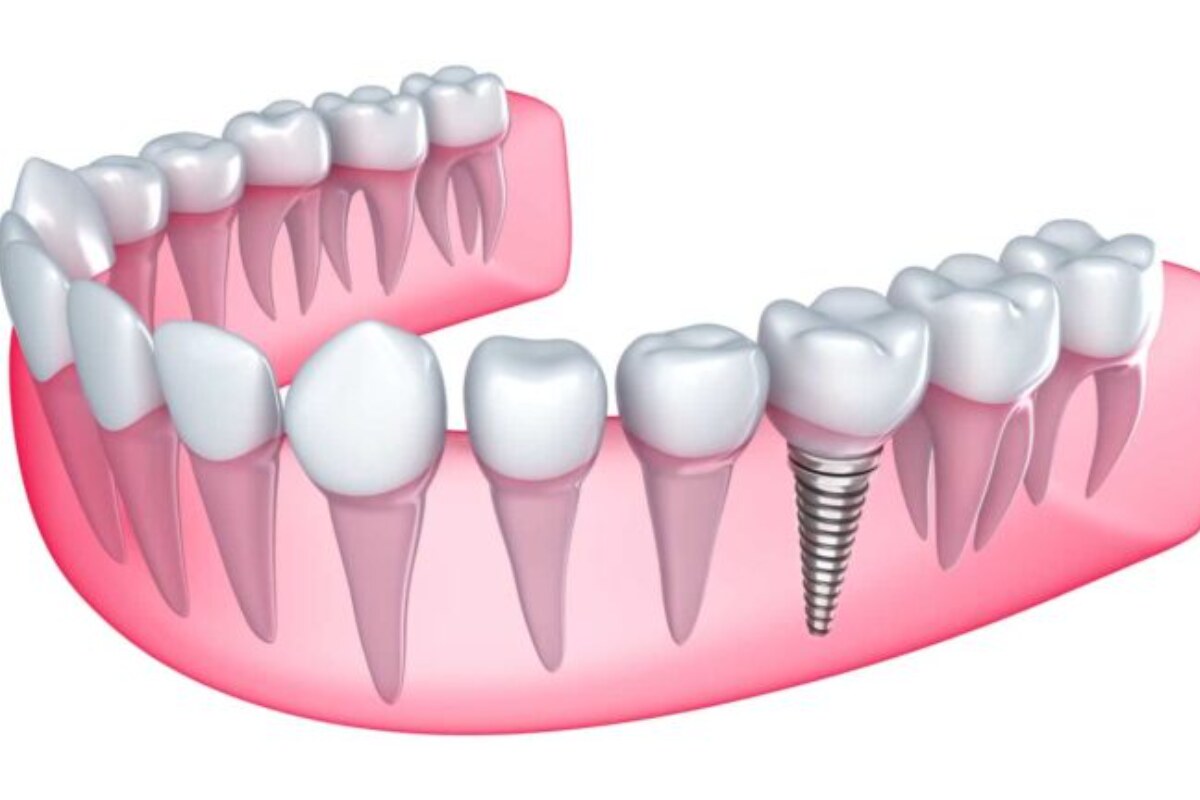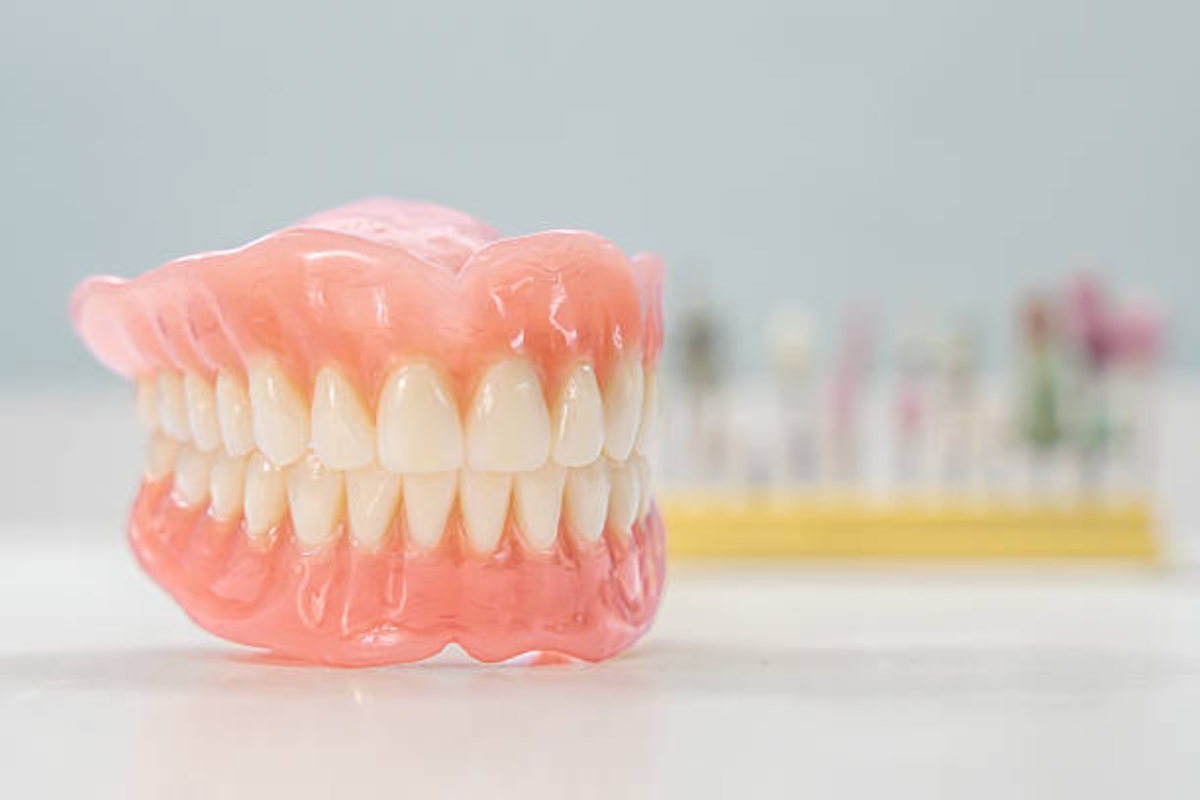Dental insurance typically isn’t very expensive. However, the coverage often isn’t as good as you would hope. Before we get into which procedures are eligible to use your FSA, let’s discuss why you even need an FSA in the first place.
Flexible spending accounts (FSAs) can help save you money because they allow you to contribute pre-tax money into an account and use it on particular dental procedures. This is essentially a 30-40% savings over using post-tax money from your pocket.
Sure, you probably get two preventative cleanings covered per year under your dental insurance, but beyond that, you’re stuck paying a deductible out of pocket and whatever percentage of the cost that is not covered. That’s assuming that your procedure is covered at all and you’re past the waiting period for that particular kind of procedure. Otherwise, you’re stuck paying the total cost out-of-pocket if the procedure can’t wait — which is often the case with emergency dental procedures.
OK, so it obviously makes sense to use your pre-tax FSA money to pay for dental procedures because it saves you 30-40%, but the big question is what is covered and what isn’t. The short answer is: it depends. Definitely read your policy carefully and consult your HR manager before assuming your procedure is covered by your insurance or eligible to use FSA funds.
Now that we covered ourselves, here is the general advice on FSA: if the procedure is medically necessary, you can use FSA funds. If it’s cosmetic you can’t. Elective cosmetic procedures like teeth whitening, for example, are not eligible for FSA funds.
Here are examples of medically necessary procedures that are typically covered by FSA funds.
1) Preventative care like cleanings and fluoride treatments
2) Fillings are typically covered.
3) Major Oral Surgery: dental reconstruction, root canals, implants, and tooth removal.
4) Orthodontia. Sometimes covered so be sure to check your plan and verify with your HR representative.
5) Periodontics for the treatment of gum disease.
6) Treatment for TMJ.
7) Implants, dentures, bridges, and occlusal guards to prevent teeth grinding.
8) Bonding, bridges, crowns, caps, sealants.
9) Co-pays.
Confusingly, preventative products like toothbrushes, toothpaste, and floss are NOT eligible for FSA funds.
Bottom line is an FSA is a wonderful tool for saving money on certain dental procedures. One last warning though — some FSAs have some version of the “use it or lose it” rule. Some allow you to roll a certain amount or percentage over while some don’t allow rollover of any sort. Regardless, it’s good to be aware of when the benefits year ends, the policy regarding rolling over funds, and to be very aware of what procedures are covered, which are FSA fund eligible, and which are not.
Our Cary Dentist Office Can Use Your FSA Funds!
As long as the dental procedure is eligible for FSA funds we’re happy to accept them. Call us today at (919) 467-0654 or schedule your appointment online!






